African pansy
African pansy belongs to Gesneriaceae. It is one of the most popular indoor flowers. It likes Yin and humidity, has a long flowering period and many colors. It is often placed on the desk. The key is that it is very easy to reproduce. It can be done with only one leaf
The survival rates of hydroponic leaf cuttings and soil cultured leaf cuttings are very high. Xiaobian will introduce soil cultured leaf cuttings to you
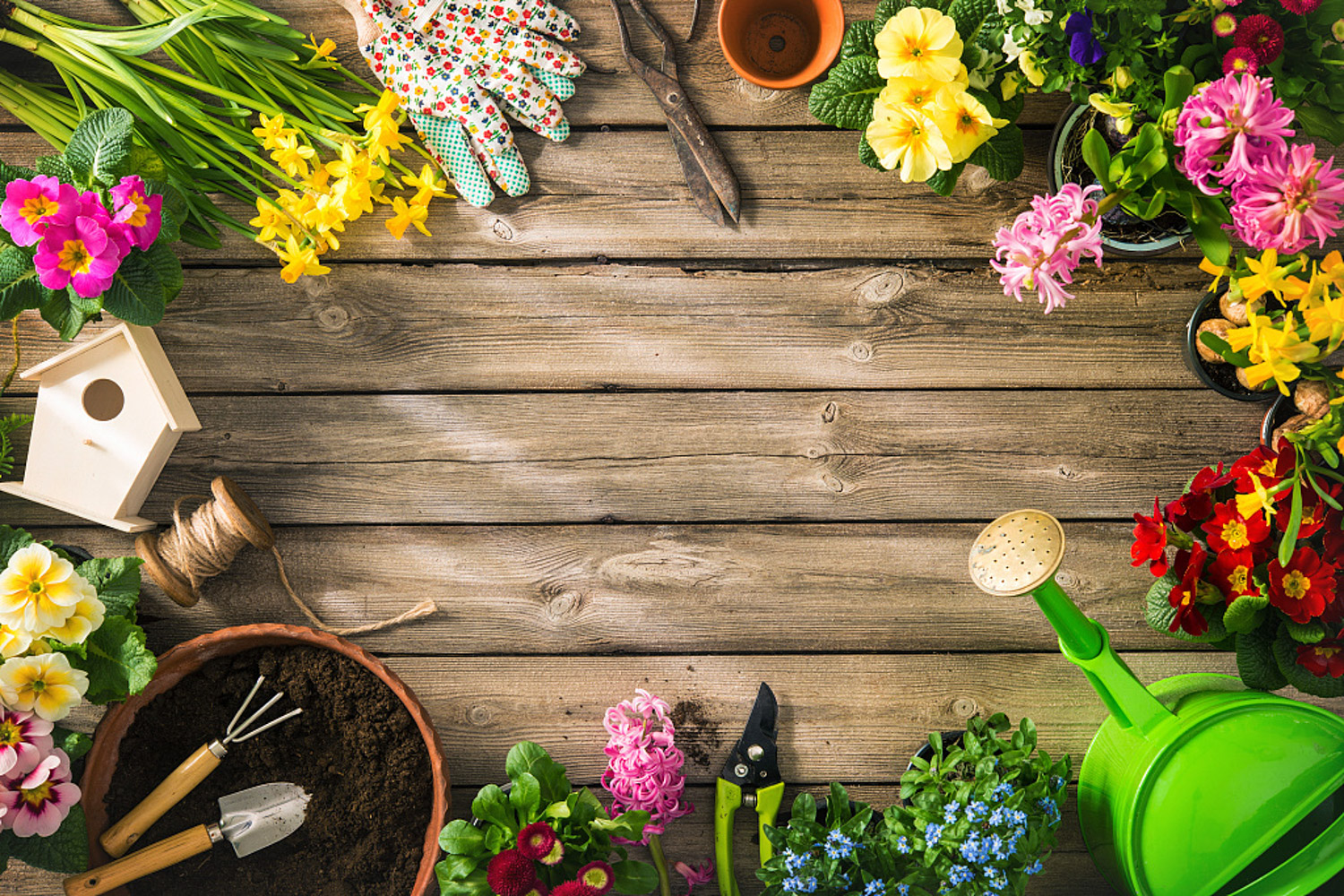
Leaf inserting method
Preparation:
Small flowerpot (slightly larger than the leaf), plastic film (or plastic bag), pure perlite (used for leaf soil insertion)
Specific operation:
1. Select healthy and strong leaves, cut the leaves from the petiole with a knife, the incision angle is about 45 degrees, the petiole is about 3cm long, and air dry the cut leaves for about 15 minutes
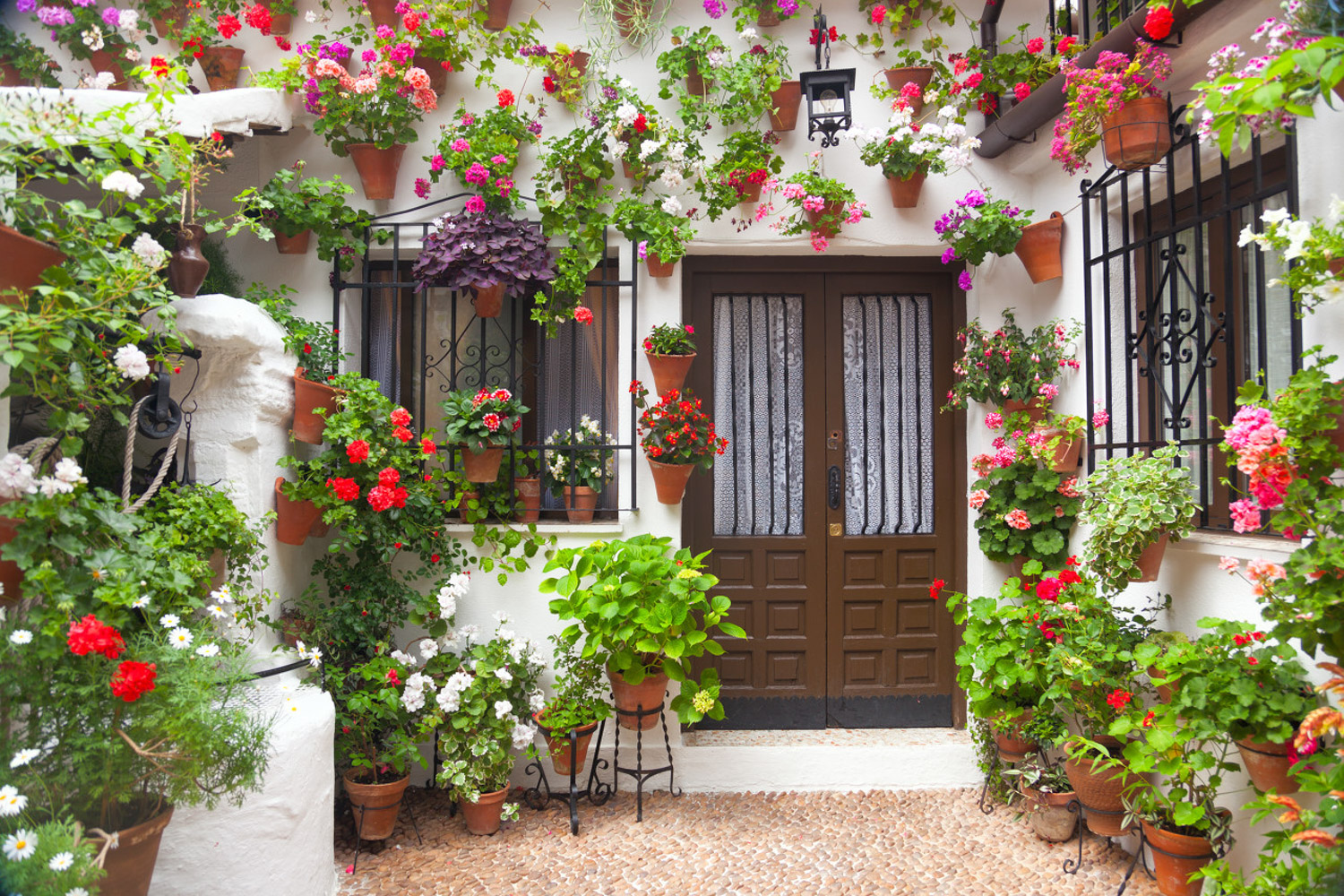
2. Prepare slightly moist sandy soil in the flower pot and insert the leaves directly. The length of the leaves inserted into the soil is about one third
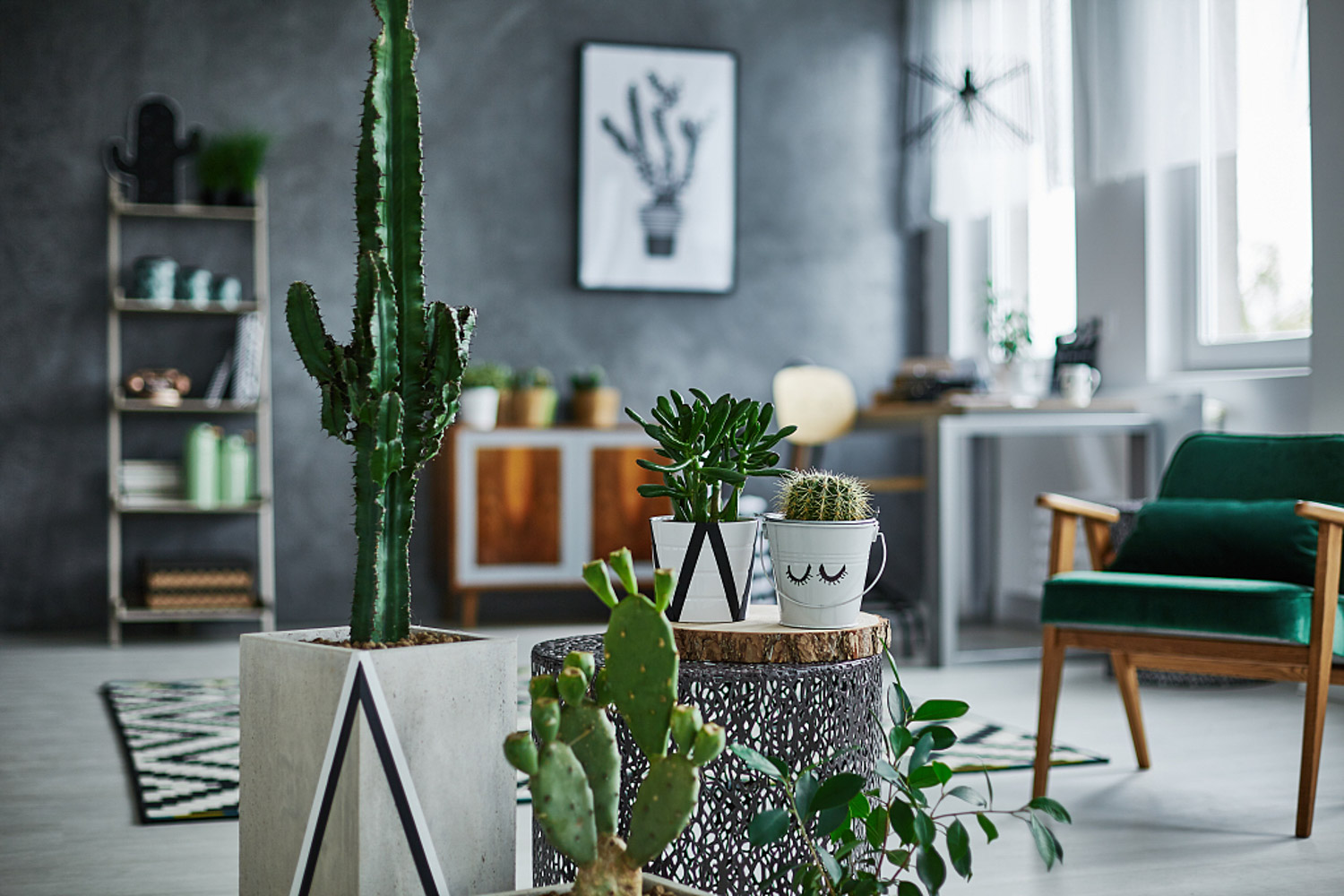
3. Cover the flowerpot with a film, just like a tent, to keep warm and moisturize. After about 3 weeks, the inserted leaves will take root and sprout
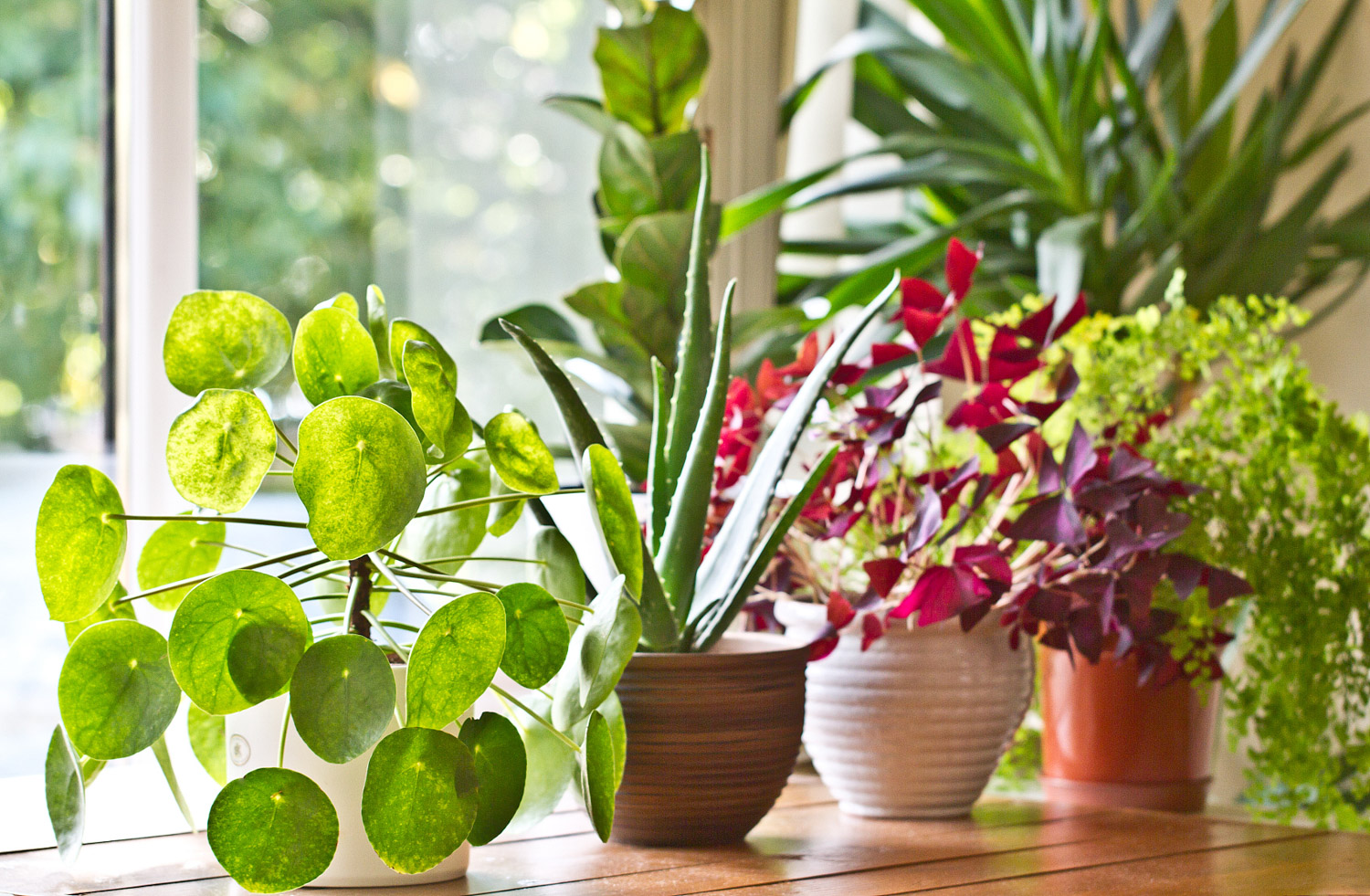
After 4.4 weeks, you can see that the Petiole grows out of new leaves through the film, and then you can move the basin. (transplanting with soil can improve the survival rate.)
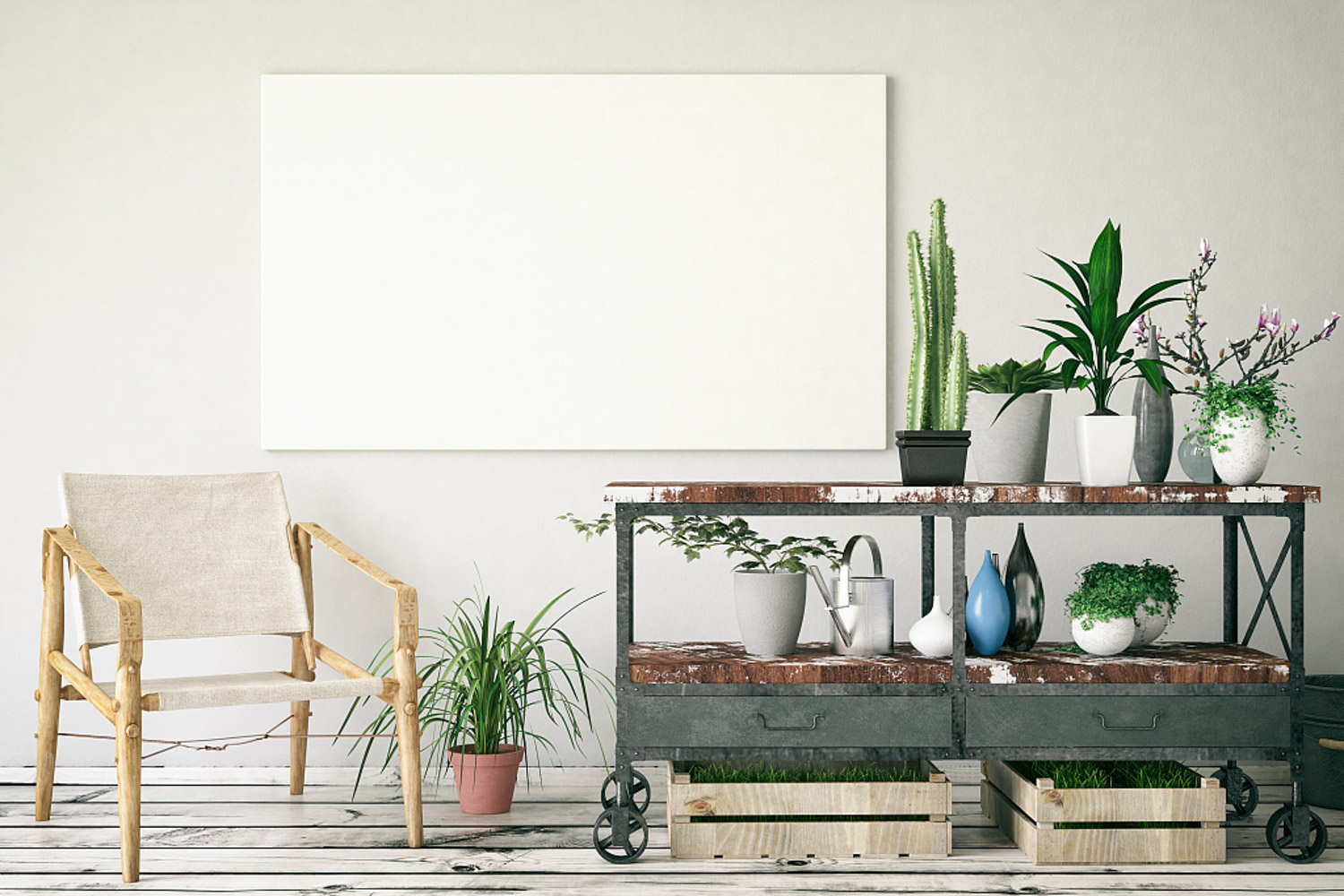
Douban green
The green leaves of watercress have bright luster. They are very common small potted plants. It is mainly placed on the tea table, decorative rack and office desk, and can also be hung in front of the window. It has excellent ornamental and purifying effect on second-hand smoke. With so many benefits, do you want to raise a pot? Just take a leaf
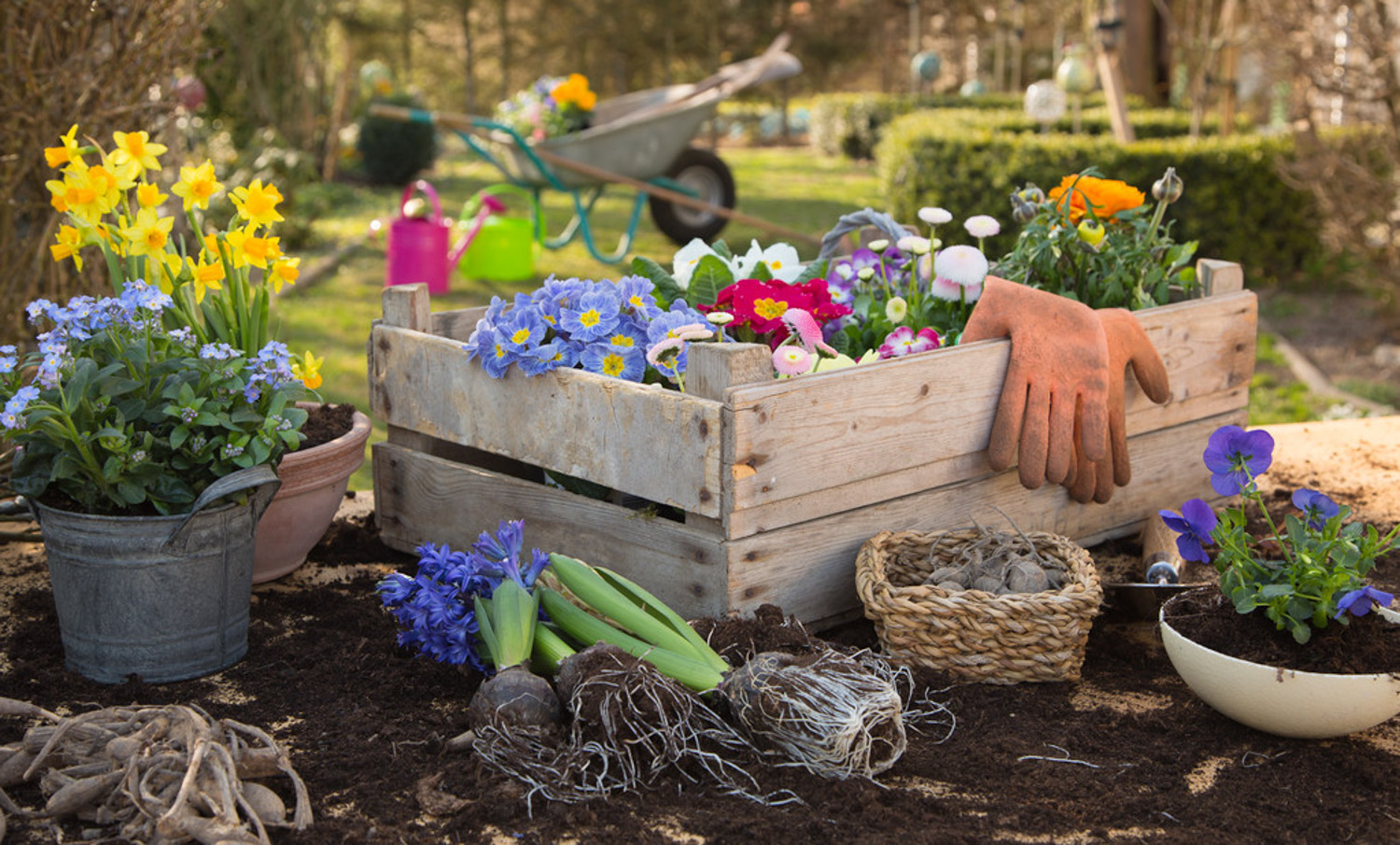
Leaf inserting method
Preparation:
1 small flowerpot, sand
Specific operation:
1. Hold the root of the petiole by hand, gently shake it left and right, and take several strong leaves. The middle and lower parts of the plant are the best. Put the removed leaves in a ventilated place to dry
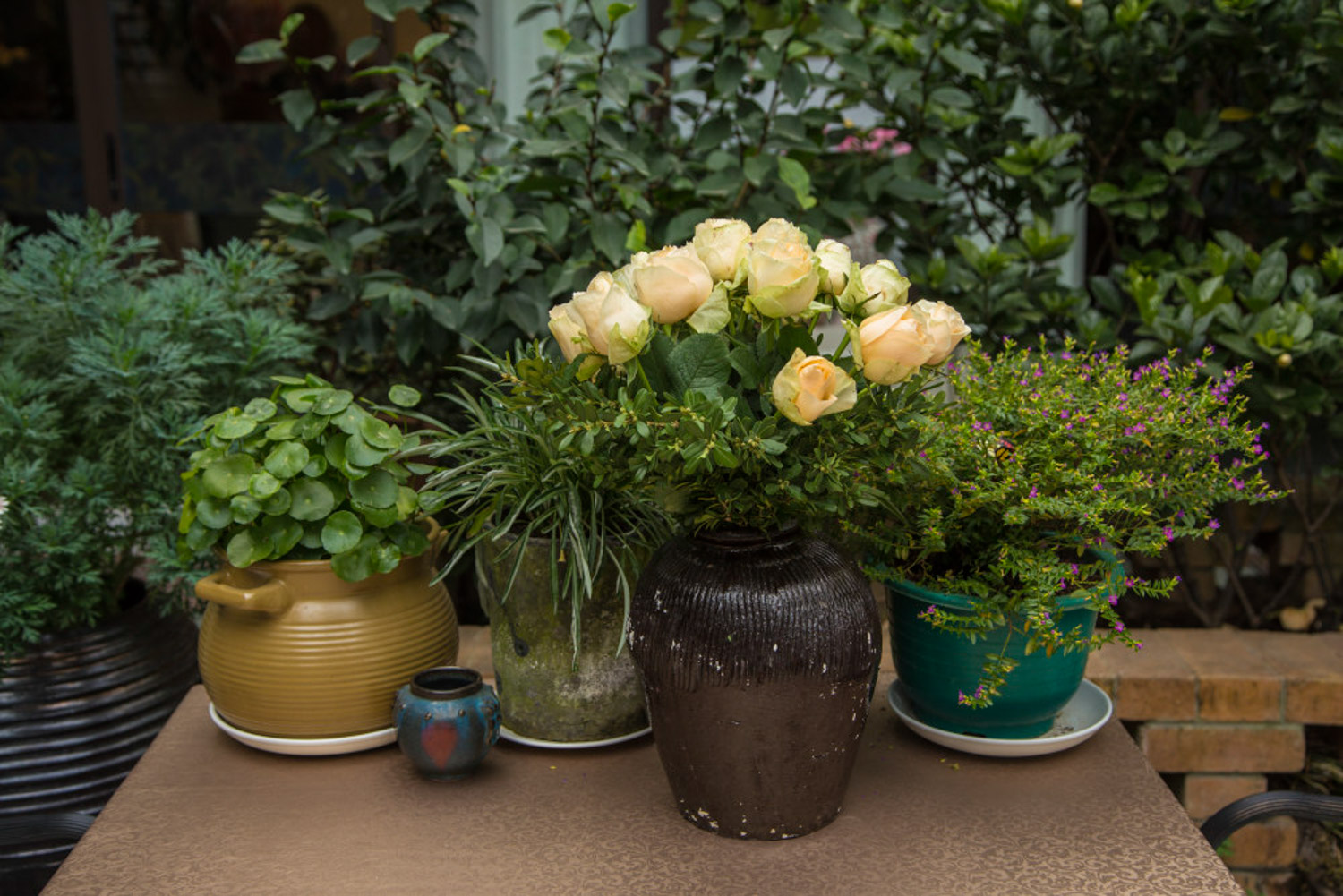
2. Put the sand in the flowerpot, and insert the leaves in the flowerpot with an inclination of 45 degrees
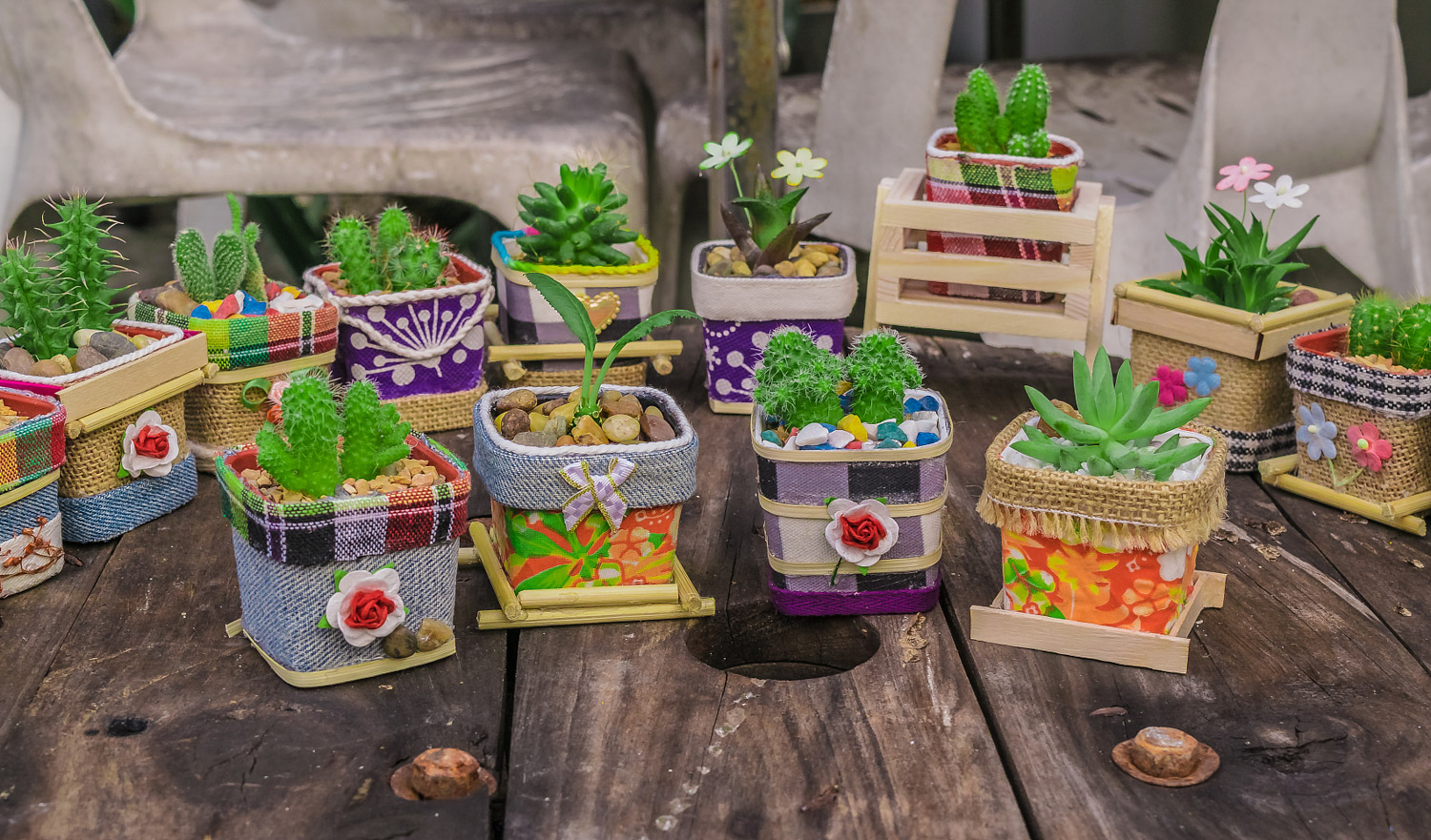
3. Spray water on the sand to keep the basin soil moist

4. If the temperature is higher than 20 ℃, it can take root in about 20 days. The specific time depends on the situation. Just wait patiently. Three new leaves can be grown for normal maintenance
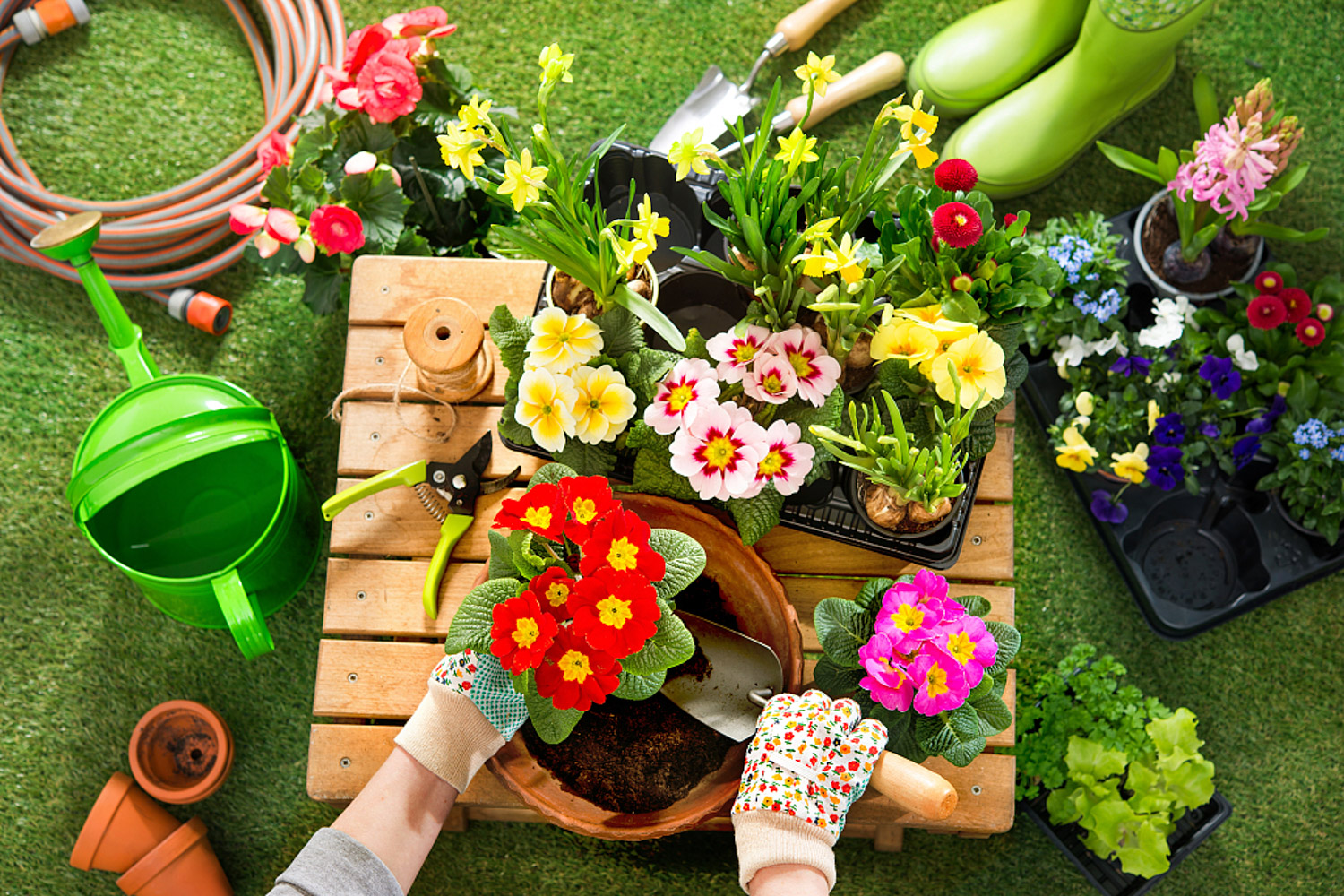
Big rock Tung
The big rock Tung plant is small and exquisite, with a long flowering period. It blooms twice a year in spring and autumn and has a variety of colors. It is a very ideal indoor decorative flower. You don't have to buy it if you like it so much. Xiaobian teaches you how to use leaves to make big rock Tung
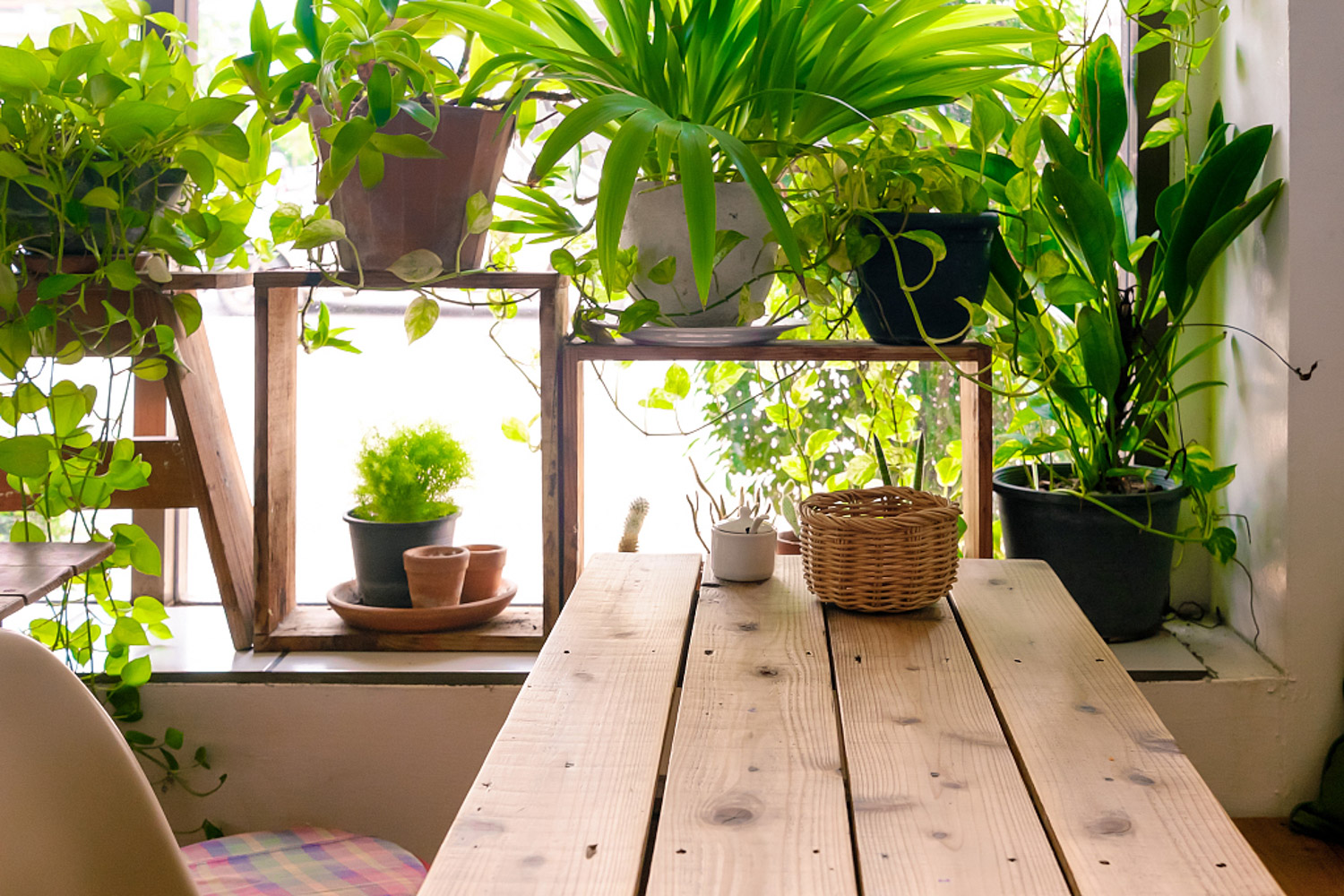
Leaf inserting method
Preparation:
1 flowerpot, an appropriate amount of clean river sand or perlite mixed with vermiculite base soil and fresh-keeping film
Specific operation:
1. Take the leaves behind the flowers, select the robust leaves on the excellent single plant, and the petiole is about 1cm long. After taking it off, insert the petiole into the rooting powder solution and soak it for 3 seconds
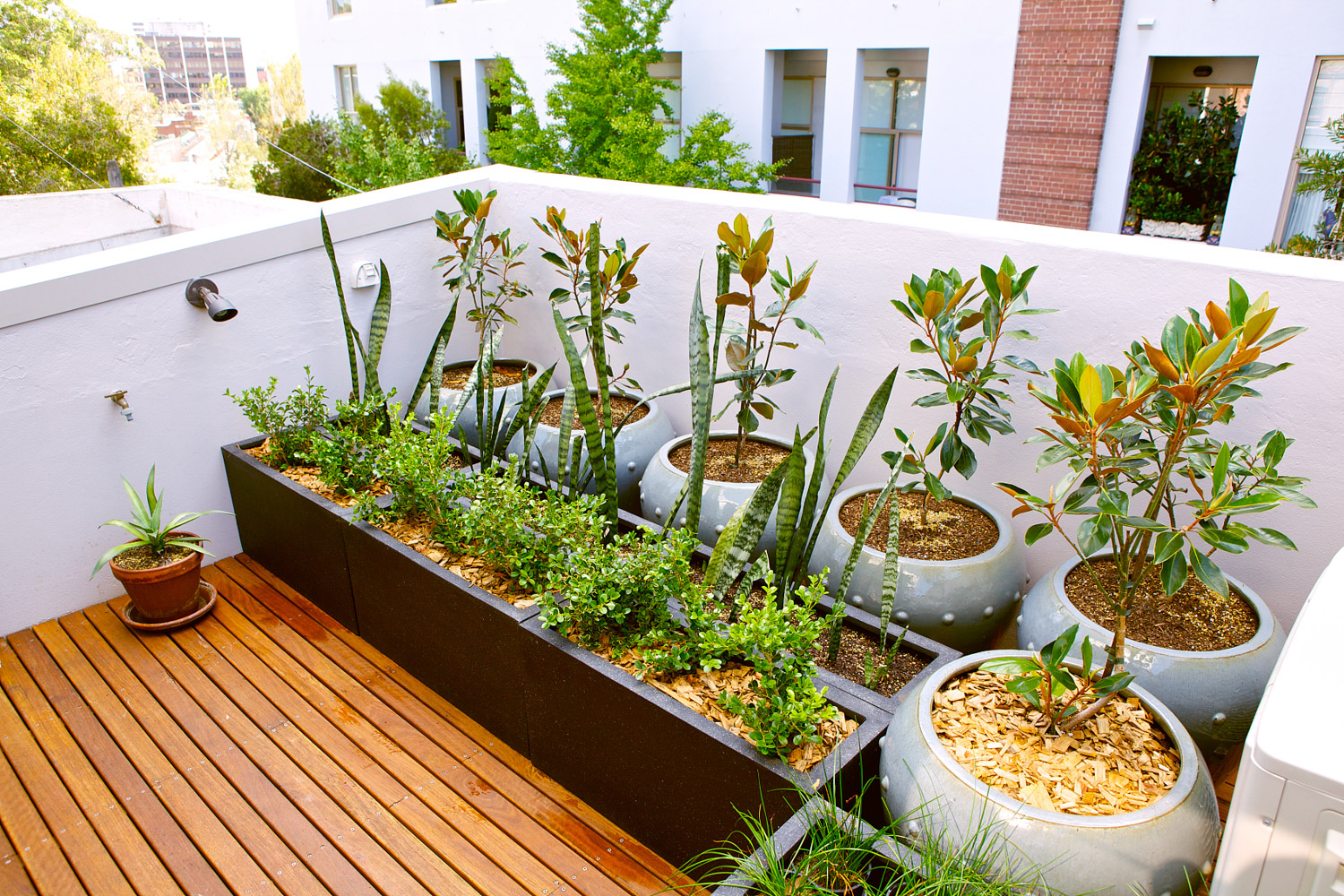
2. The river sand or mixed base soil shall be placed in the basin, and the leaves shall be inserted into the basin, one third of which shall be inserted into the river sand, then covered with fresh-keeping film and sprayed once in the morning and evening
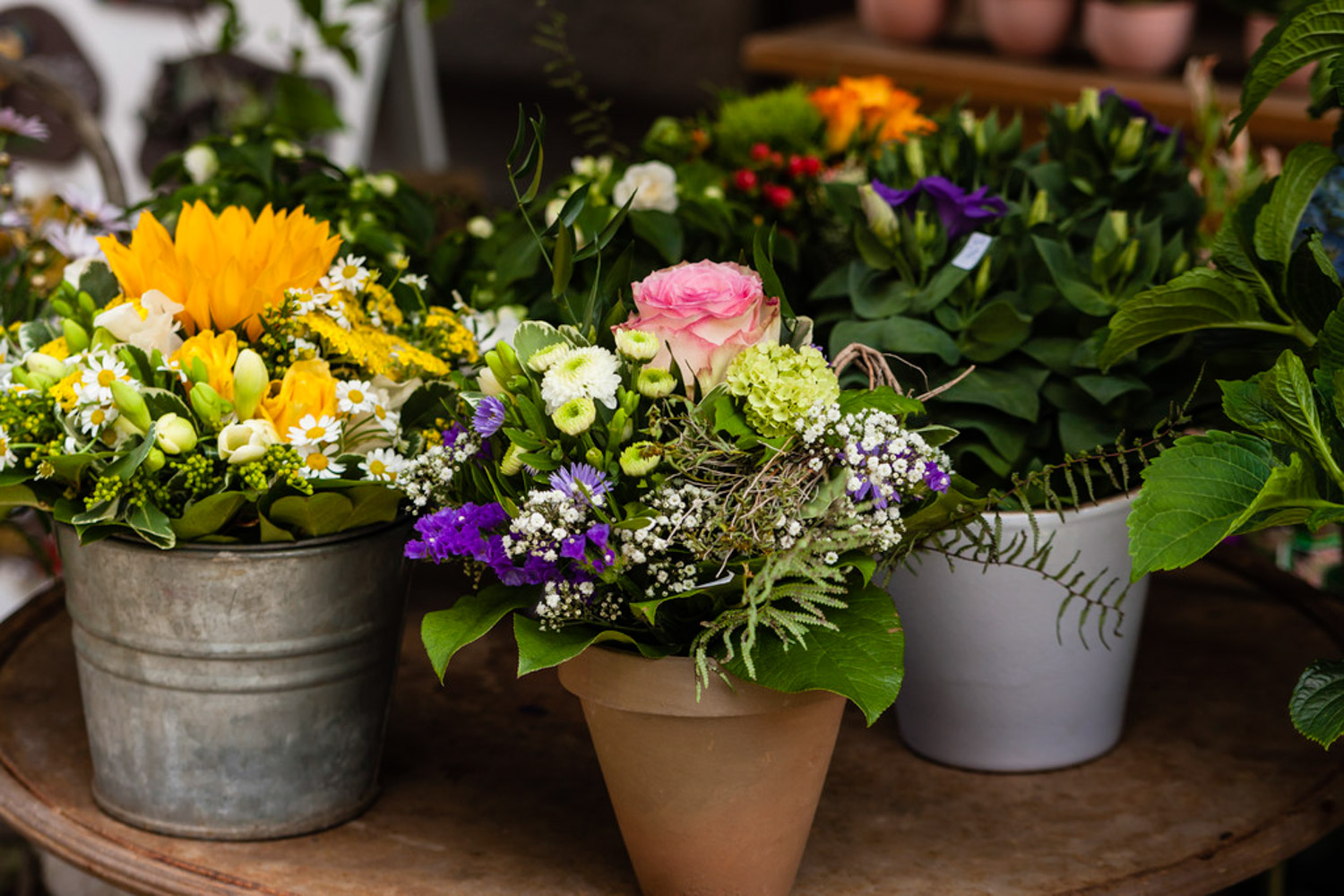
3. Then wait slowly. It feels fixed when touching the leaf slightly, indicating that it has taken root and new buds can be transplanted
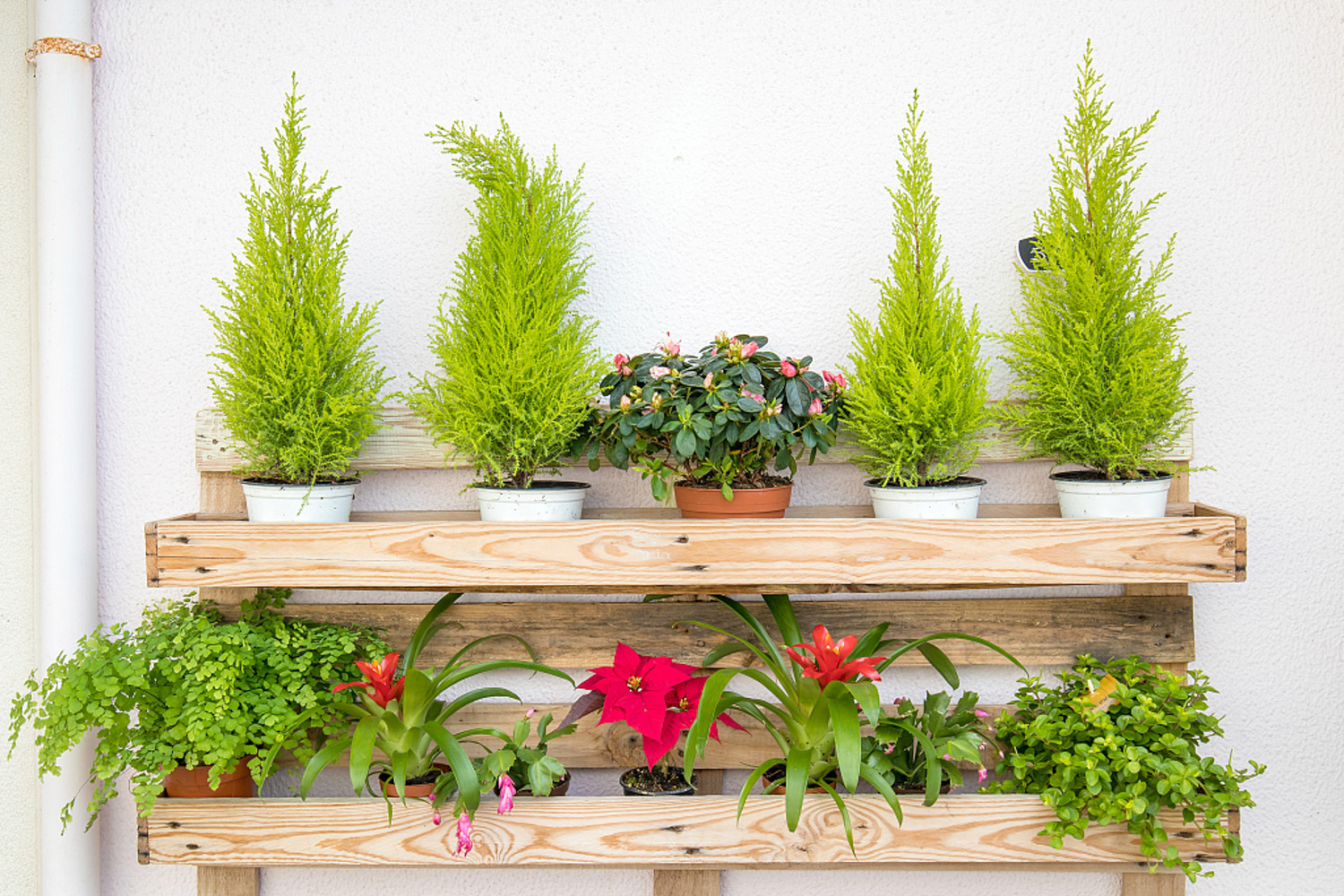
Hupilan
Hupilan is a common foliage plant with strong adaptability to the environment. It is often used to decorate study, living room and office. Today, let's see with Xiaobian how hupilan survived
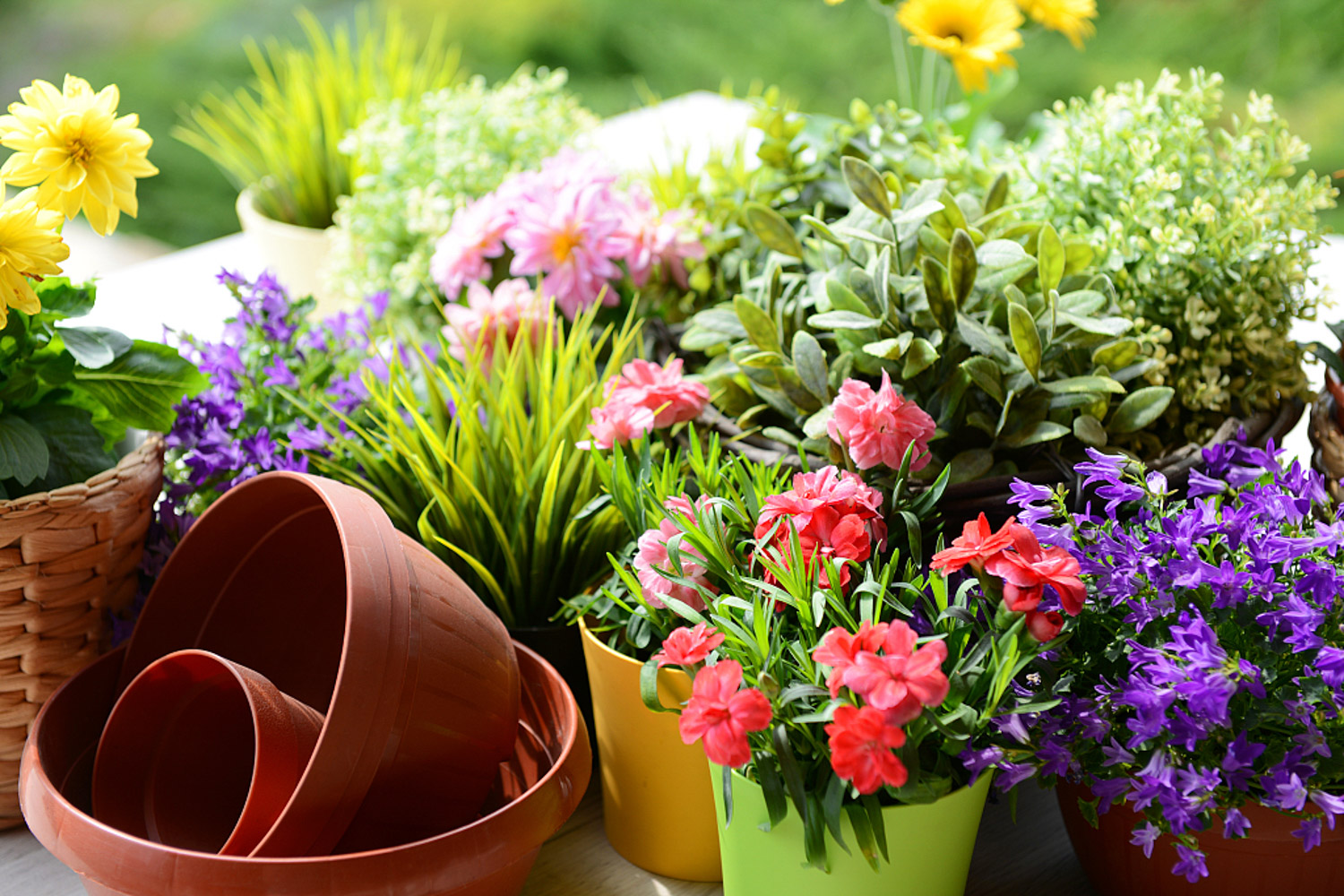
Leaf inserting method
Preparation:
1 flowerpot, watering pot, proper amount of soil mixed with sand
Specific operation:
1. Take a robust leaf, which can be a whole piece, or cut a leaf into several sections, each of which is about 6cm long. Leave the removed blade for 24 hours to recover the wound
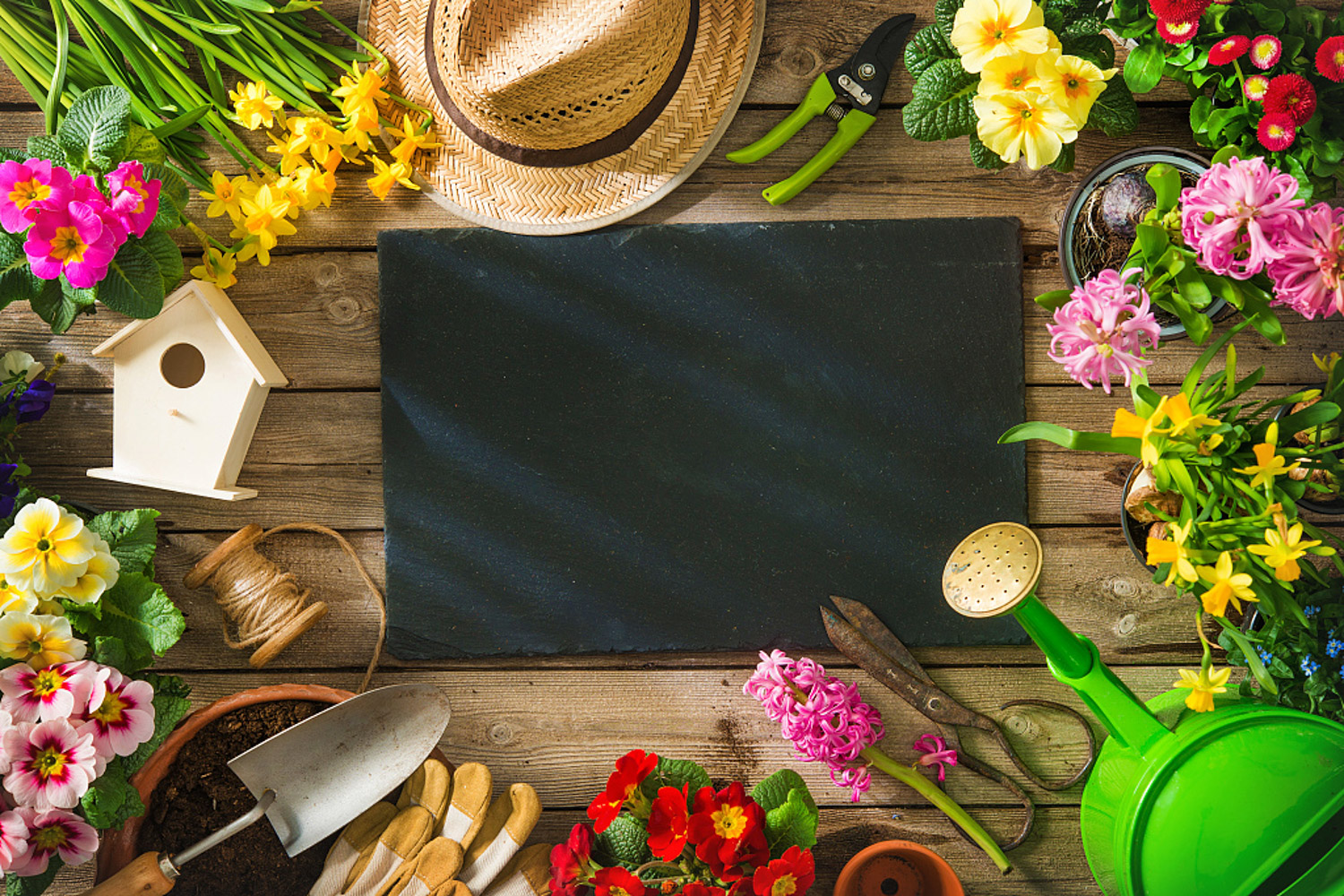
2. Put the soil mixed with sand into the basin, insert the leaves into the soil, about 4cm into the soil, and the leaves are not easy to pour out
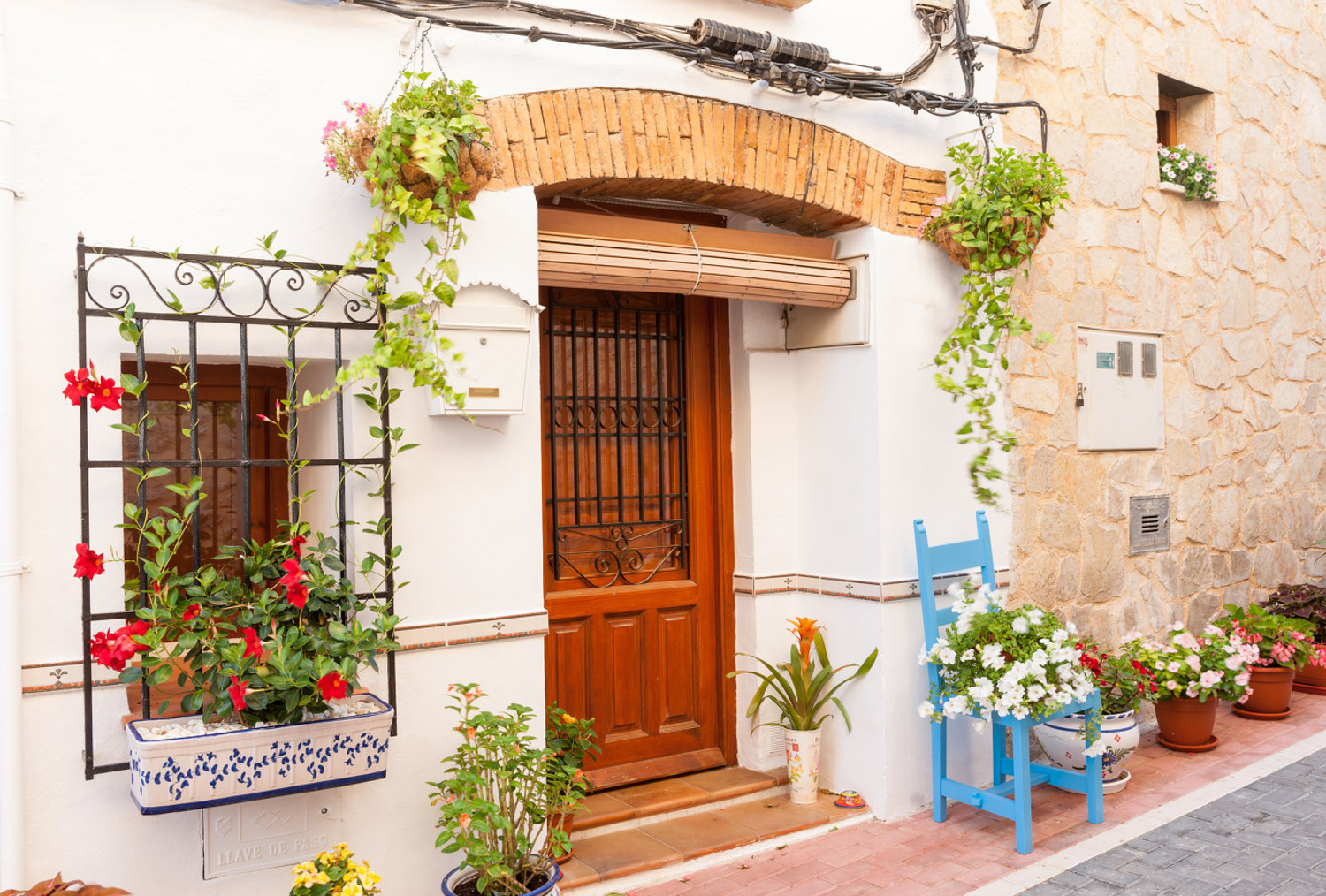
3. Place the flowerpot in a cool place. Pay attention to good ventilation and keep the pot soil moist, but don't water too much
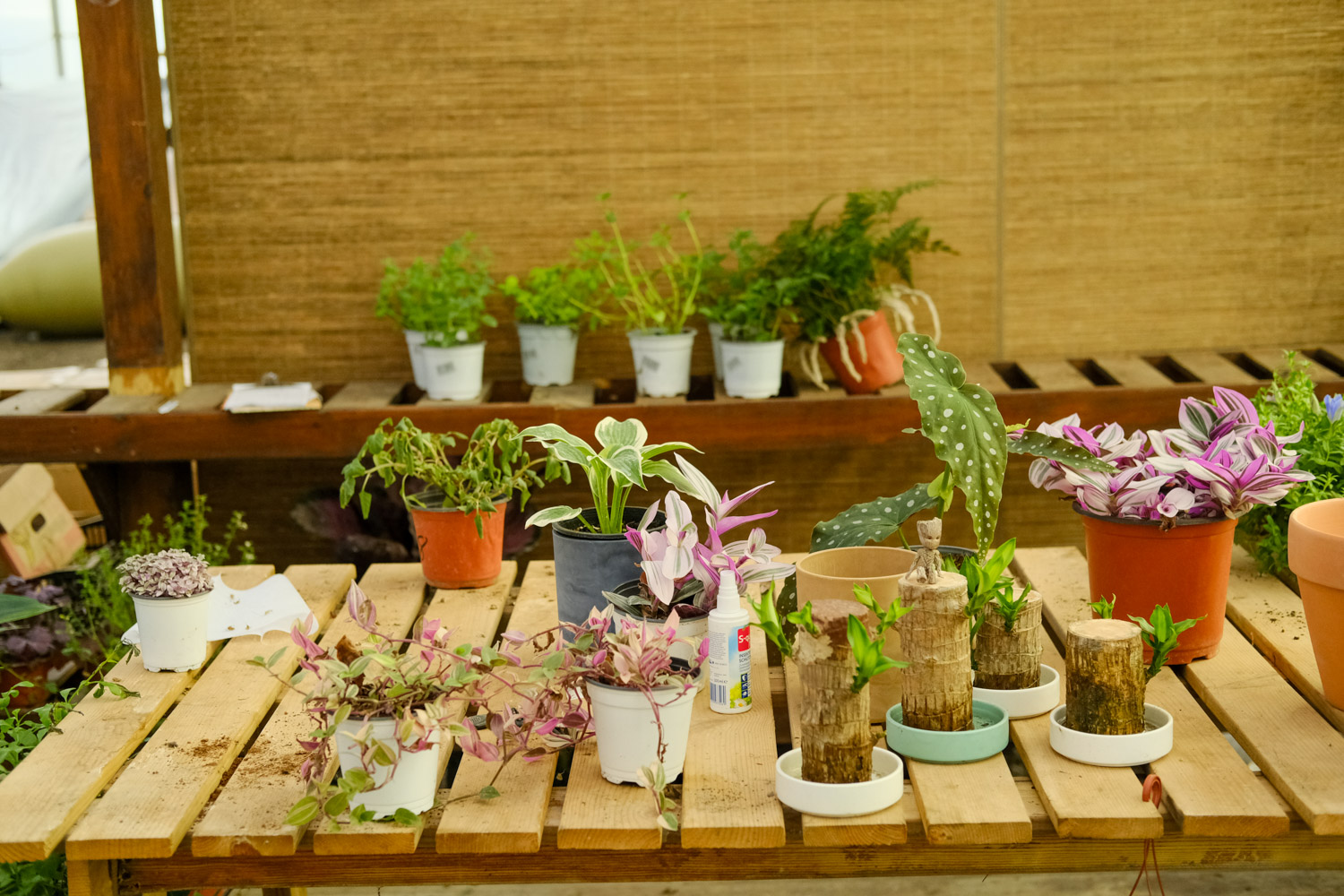
4. Take root in about 1 month, and wait patiently. Don't pull with your hands. After growing roots, small buds will appear in a month or two. Just wait patiently
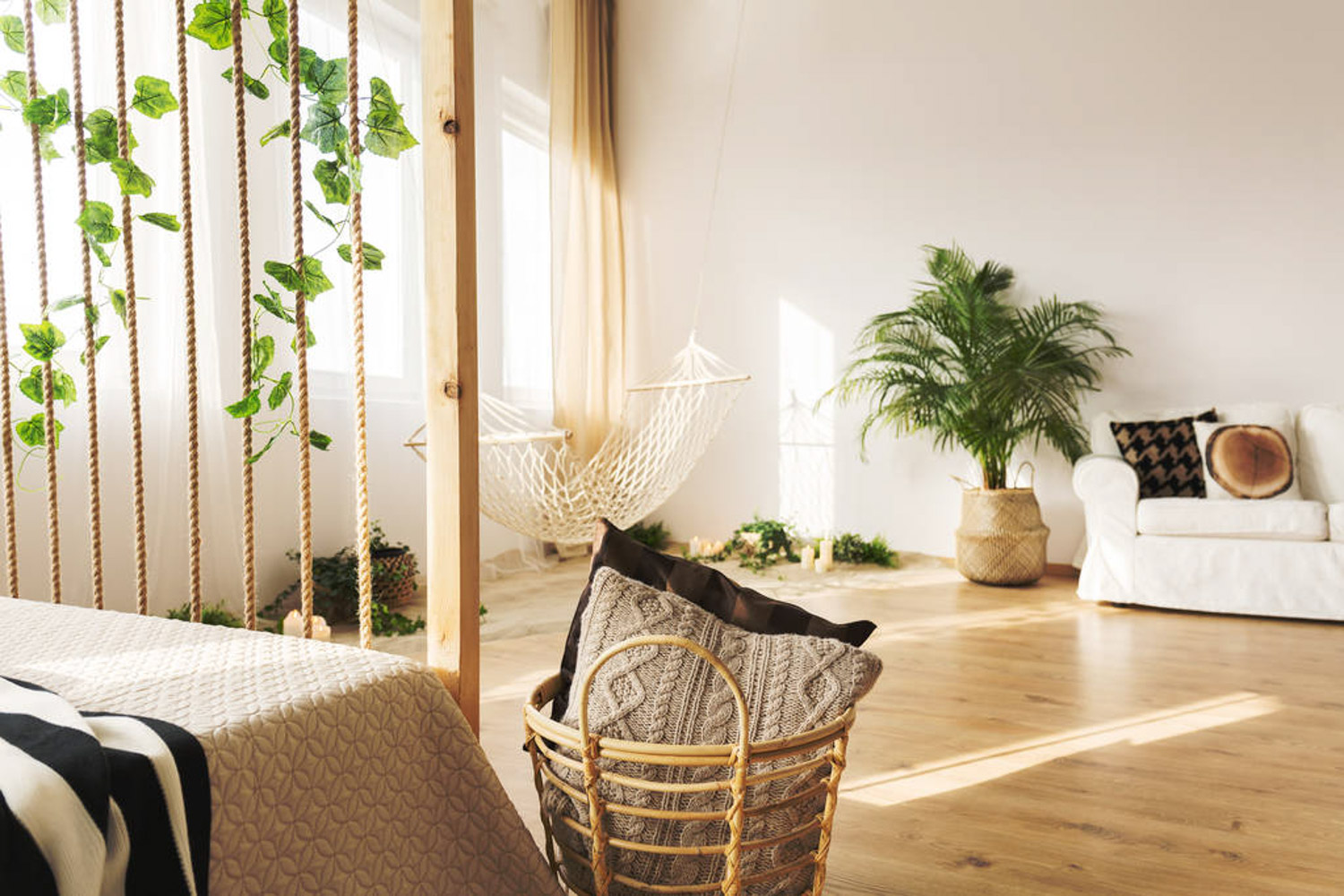
5. The seedlings can grow up in about half a year. In this process, they can be taken care of according to the usual maintenance methods
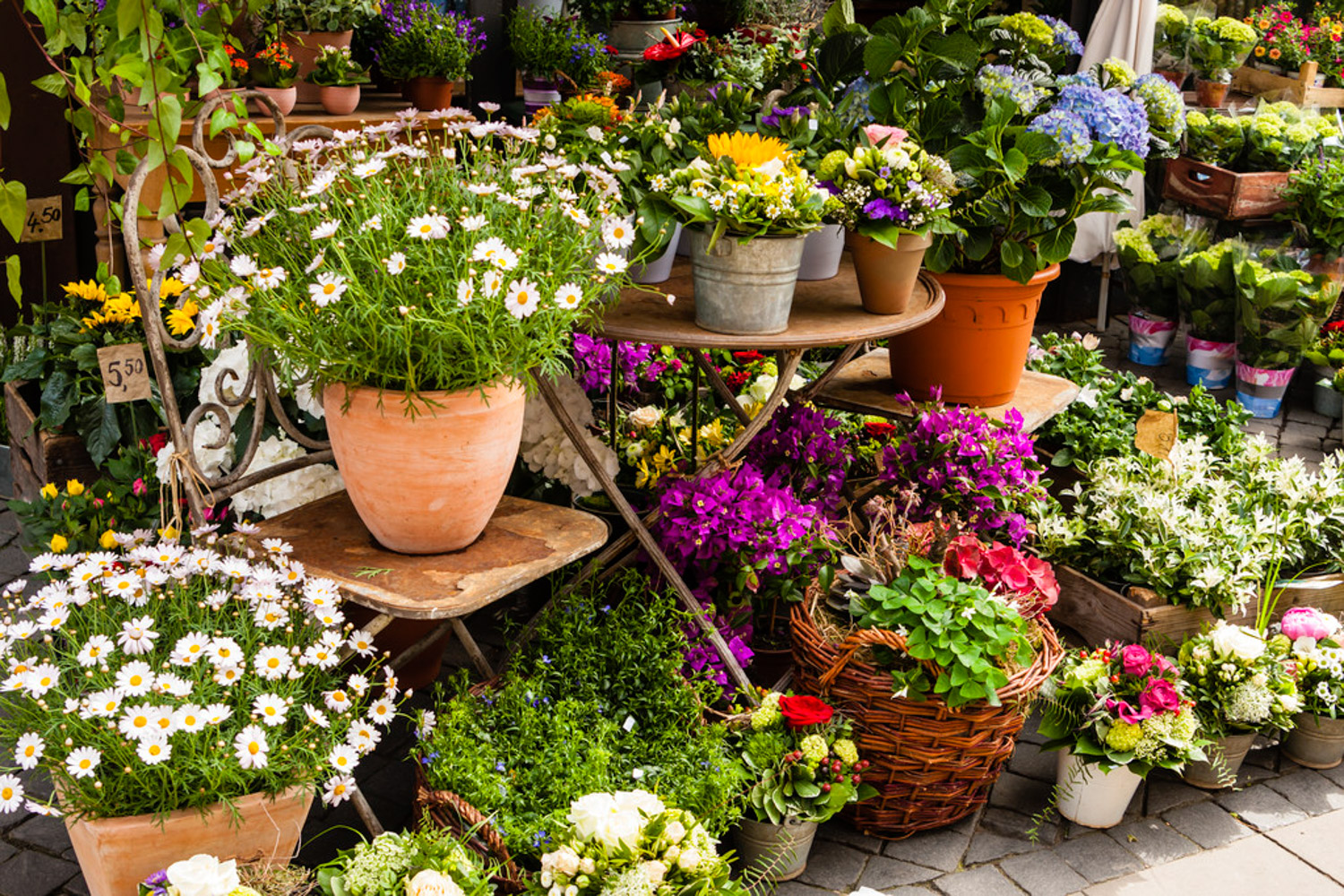
Rieger Begonia
The flowering period of Rieger Begonia is very long, which can last from December to April of the next year. It has a variety of flower types, rich colors and is very beautiful. It can be used as an ideal indoor potted flower
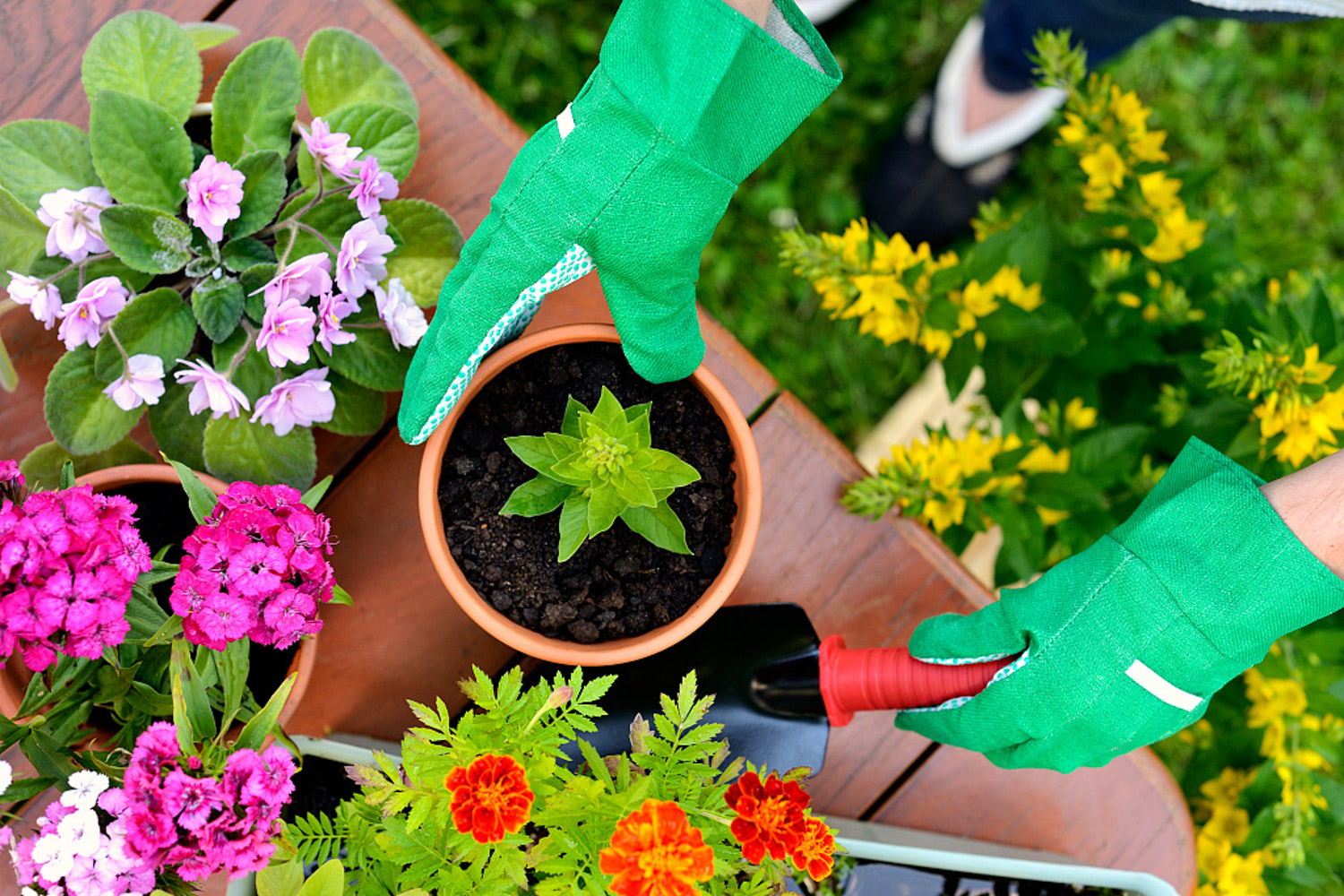
Leaf inserting method
Preparation:
1 healthy Rieger Begonia, disinfected knife, 1 mineral water bottle, bactericide, 1 flower pot, peat soil mixed with a small amount of perlite
Specific operation:
1. Dig a 1 cm wide hole in the middle of the mineral water bottle and fill it with purified water

2. Take the leaves, pay attention to the relatively green leaves that are easy to take root, cut them with a knife from the place where the petiole is close to the trunk, apply bactericide on the incision and air them for more than ten minutes

3. Insert the leaves into the opening of the mineral water bottle and put the bottle in a warm place to take root more easily. It can take root in about a month

4. After rooting, all leaves should be planted. Put peat soil in pots, transplant leaves into flower pots and wait for germination

Longevity flower
Longevity flowers bloom near Christmas. They are clustered into clusters and attract people's love. After buying so many longevity flowers, why not try inserting their own leaves once

Leaf inserting method
Preparation:
1 healthy and long-lived flower, 1 portion of coarse sand washed to remove impurities, 1 flowerpot (shallow pot is the best)
Specific operation:
1. Select a number of large and healthy leaves, take them off and dry them properly

2. Put the coarse sand into the basin and bury the petiole in the soil. The leaves should be exposed. Be careful not to bury too deep. Put it in a cool and ventilated place

3. The cycle of leaf transplanting of Changshou flower is relatively long. The whole process from leaf transplanting to germination may take about 6 months. Flower friends must wait patiently. In this process, when the soil is dry, just pour a little water to keep the basin soil moist

Alum root
Alum root is a perennial cold resistant herb flower, which is mostly used for courtyard greening. Its flowering period is from April to October, which is suitable for growing in the north

Leaf inserting method
Preparation:
Media (vermiculite, perlite, peat or water moss alone), utensils (transparent disposable cups or ordinary seedling raising utensils), spray pots
Specific operation:
1. Select the leaves and gently remove the complete and robust leaves with base. The leaves should be larger

2. If a disposable cup is used, punch a hole in the bottom, pad a gauze net at the bottom, and pour a mixture of vermiculite and perlite accounting for half of the cup

3. Put in the blade, then add medium to the cup to the mouth, spray water into the cup with a watering can until the bottom hole is full of water, and pay attention to the watering can with less spraying force

4. Put the cup in a container with a small amount of water, take it to a cool and well ventilated place, and grow roots in about a month. In this process, pay attention to adding water when there is no water in the container, or spray water directly on the leaf surface. Don't pull it up to see the roots

5. When you see the root through the cup, you can transplant the seedling

Money tree
Money tree is a common indoor foliage plant, which can not only purify the air and be beneficial to the human body, but also attract wealth and wealth. There's another little secret about leaf insertion, you know

Leaf inserting method
Preparation:
1 healthy money tree, carbendazim, 1 flower pot and 1 nutrient soil (peat soil, perlite and river sand are mixed in the ratio of 3:1:1, and the soil with good air permeability can be used)
Specific operation:
1. Select healthy leaves with petioles, and soak and disinfect the removed leaves with carbendazim

2. Put the soil into the basin, insert the leaves in the soil, place the flowerpot in the north, pay attention to moisturizing, touch the basin soil with your hand every day, dry and water it in an appropriate amount

3. You can take root in about three months and grow potato like root groups. Be patient

4. After a period of time, new buds can grow. Just change the pot. The next step is normal maintenance. The soil should not be too wet. Water should be poured thoroughly at one time, and water can be discharged from the bottom of the flowerpot

Flytrap
Venus flytrap is a very interesting insectivorous plant, known as the carnivorous plant in nature. When it is potted, it can be placed on the sunny windowsill or balcony for viewing. If you learn the leaf insertion method of Venus flytrap, you can change one cluster into two clusters, two clusters into three clusters, and simply burst the basin

Leaf inserting method
Preparation:
1 container (small flowerpot, disposable cup, etc.), 1 plastic bag, dry water moss or peat soil
Specific operation:
1. Take several flytrap leaves and pay attention to white bulbs to improve the survival rate of leaf cuttings

2. Wet the prepared peat soil and mix well. If it is dry water moss, soak it and put it into a container. Lay the leaves of Venus flytrap flat in the container with the leaves facing up. Be careful to cover the container with a plastic bag

3. A few weeks later, the old leaves withered and the new leaves germinated! Note that the container should be kept moist during this process, and the basin can be burst after normal maintenance< span>


 how many times do yo...
how many times do yo... how many planted tre...
how many planted tre... how many pine trees ...
how many pine trees ... how many pecan trees...
how many pecan trees... how many plants comp...
how many plants comp... how many plants can ...
how many plants can ... how many plants and ...
how many plants and ... how many pepper plan...
how many pepper plan...




























